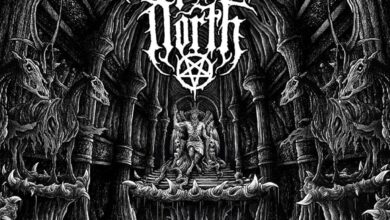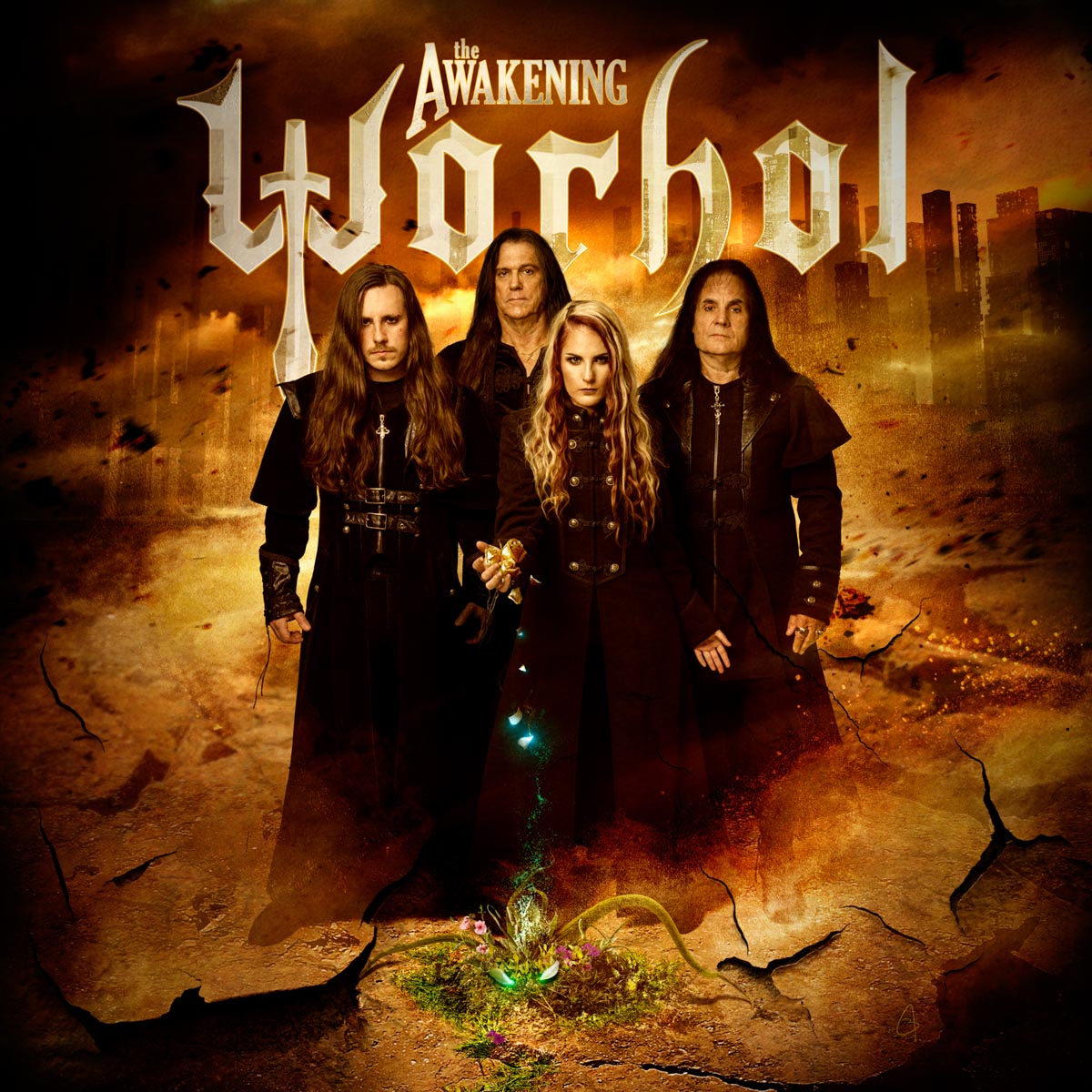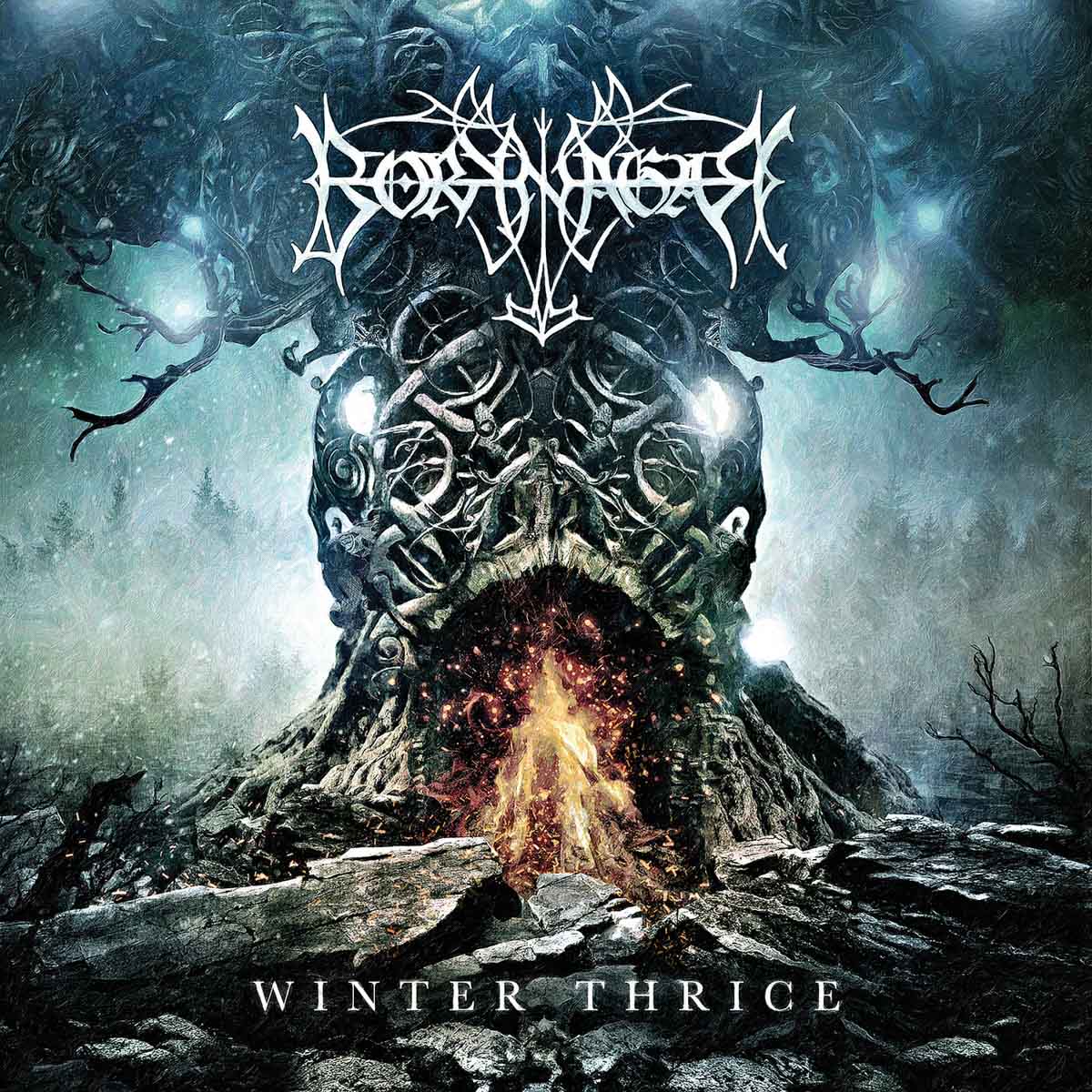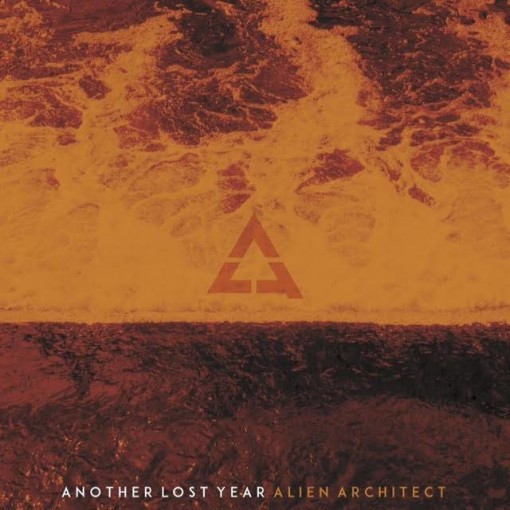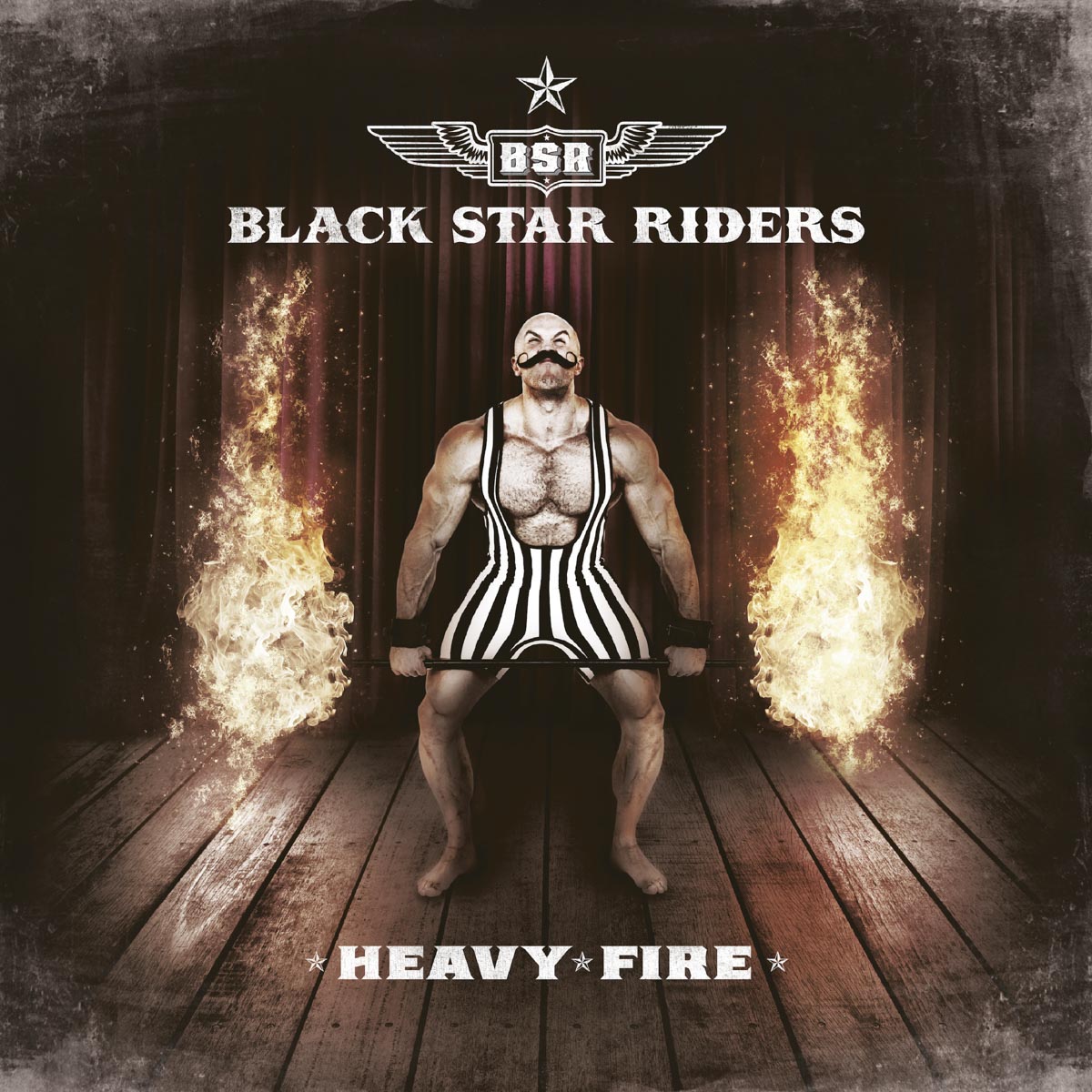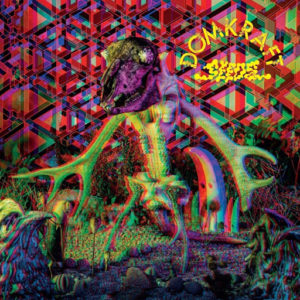 It is refreshing to hear the sound of musicians returning to organic roots. An example of such a band waving the flag for loud amps and expressive atmospheres is Sweden’s Domkraft. Uniting over a mutual admiration for the raucous psychedelic freedom pioneered in the late’60s and early ‘70s, the band released their debut The End of Electricity in 2016. Domkraft convened last year to record their new album, Seeds, a heavy concept record dealing with not only the desolate wasteland left over after a global catastrophe, but also the reconstruction of a more free, equal, and prosperous era for humanity. After 2020, it is a nice thought, isn’t it?
It is refreshing to hear the sound of musicians returning to organic roots. An example of such a band waving the flag for loud amps and expressive atmospheres is Sweden’s Domkraft. Uniting over a mutual admiration for the raucous psychedelic freedom pioneered in the late’60s and early ‘70s, the band released their debut The End of Electricity in 2016. Domkraft convened last year to record their new album, Seeds, a heavy concept record dealing with not only the desolate wasteland left over after a global catastrophe, but also the reconstruction of a more free, equal, and prosperous era for humanity. After 2020, it is a nice thought, isn’t it?
The title track is an exemplary opening statement. With a resolute, fiery determination, the band conjures forth monolithic riffs that stand on their own against some of the blissfully halcyon ones yet put to tape. Pacing is an important element to the success of this album. Methodically, there is no rush to reach the next section of music but rather a dedication to letting the song develop. Approaching the music in this manner gives each of the three members a chance to shine.
The elements key to the album’s massive sound feature myriad tones along with a decisively live feel. Beginning with the guitar, the tone of Martin Widholm borders on a fuzzy Doom feel yet retains definition, clarity, and the unique personality of the player. There is not the requisite feeling of the guitar completely dominating the song, but rather, like classic power trios such as Black Sabbath or Rush, chances are taken giving breadth to the music not found in the ultra-layered work of other bands. The space of the music is seemingly infinitely filled with textures, cosmic effects, and a rowdy rhythm section.
Yes, the rhythm section here is fierce. The bassist, Martin Wegeland who also sings, manages to keep things interesting. Keeping in lockstep with the drummer, the guitar is therefore freed up for expression and experimentation. Tone-wise, it is a monstrous, rumbling, classic tube sound that promotes the nimble-fingered assault. Not unlike a drummer such as Mastodon’s Brann Dailor, Anders Dahlgren is constantly in motion mixing things up with assorted fills and cymbal crashes rarely repeating himself.
The third track, “Orbit,” though, is where the album really gets going. Beginning with a dragging, sludgy riff, things soon descend into a wash of wah and spacey effects. The plodding of the song really enforces the space vibe, that combustion of blasting off into the stratosphere. “Audiodome,” the final track, is a resounding finale to the album putting an enchanting spell upon the listener to last long after finished.
To circle back to the original sentiment opening this review, Domkraft is a breath of fresh air. Albums have become so very clinical sounding in the age of Pro Tools for after all if you can make a perfect album, why not? The answer lies in the anthems penned in the heady days of forging the Rock ‘n Roll sound, the glorious imperfections that add character to the work of everyone from Ramones and MC5 to Led Zeppelin and Hawkwind. Domkraft expertly tap into that spirit of innovation to channel the masters with a triumphant third album in the form of Seeds.


